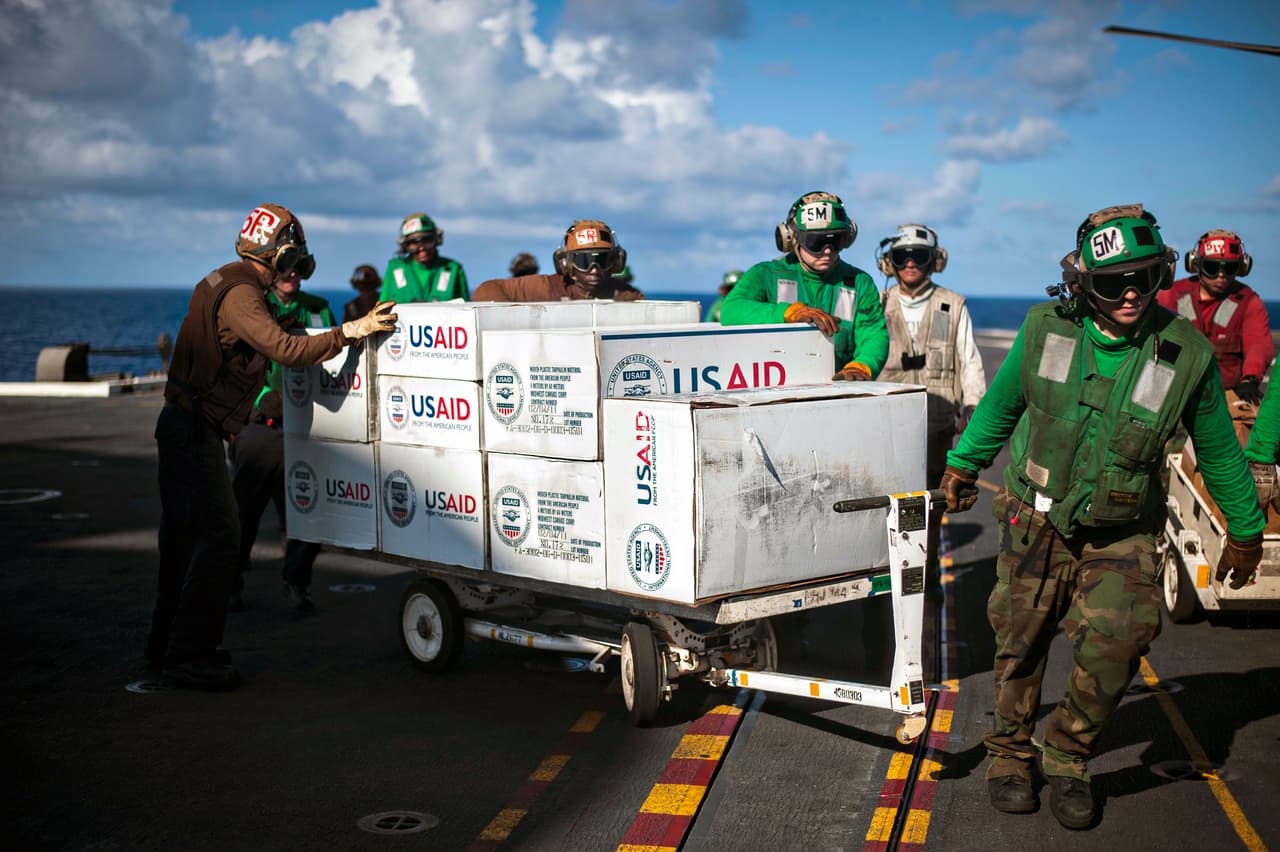
Revealed: USAID’s $10bn health project beset by failings and fraud allegations
A new investigation by the Bureau of Investigative Journalism and Devex can reveal major failings in the largest ever project funded by the US Agency for International Development (USAID).
The $9.5bn initiative, led by US contractor Chemonics International, launched in 2016 with the aim of transforming the way life-saving medicines and other health supplies were bought and delivered to millions of people in poorer countries.
But interviews with insiders, as well as exclusive data analysis, can reveal that the project’s inefficiencies have alarmed both senior project staff and high-ranking US government officials. In some cases it has taken almost two years to deliver key supplies.
“We had procurement analysts who were just making it up,” one former employee said. “[It was] a disaster waiting to happen.”
Self-reported performance metrics have made the project’s headline figures look better than they actually are, with one former insider alleging that Chemonics and USAID sought to improve appearances by adopting easy targets and writing off bad results.
There have also been dozens of arrests and indictments in relation to illegal activity around the project (none of these people work for USAID or Chemonics).
The Global Fund’s OIG also alleged in 2021 that it had uncovered a multimillion-dollar fraud committed by a Chemonics subcontractor in Nigeria. A Global Fund report found that “Chemonics’ controls were poorly implemented by negligent staff who missed key red flags” and that an unnamed senior project director was “living substantially beyond their Chemonics salary”. USAID’s own watchdog is now investigating.
These new details challenge the public narrative of recovery that has followed the project’s chaotic early years, when at one stage only 7% of its shipments arrived on time and in full.
The project’s ultimate aim was to build sustainable supply chains that would eventually be handed over to national governments. Yet in 2020, a third-party evaluation in Nepal found it was “unlikely to have any transformative or sustainable effect” in the country.
Now a new version of the supply chain project, NextGen, will entail a “comprehensive redesign” that will include more contractors and the next contracts to be valued higher still, at up to $17bn. Chemonics is likely to be in the running to win yet more funding.
Chemonics is a huge consulting firm that works in more than 100 countries and has been awarded some of the US government’s largest aid contracts. It worked with a number of partners for the global health supply chain project.
A spokesperson for the company told Devex and TBIJ: “We are extremely proud of our role helping to build a stronger and more resilient global health supply chain that provides access to lifesaving medication and commodities for those most in need.”
Header image: USAID supplies are loaded on to an aircraft in the Philippines Sea. Credit: Planetpix/Alamy Live News
Reporters: Ben Stockton, Michael Igoe, Misbah Khan and Chrissie Giles
Impact producer: Paul Eccles
Global Health editor: Fiona Walker
Deputy editor: Chrissie Giles
Editor: Franz Wild
Production editor: Alex Hess
Fact checker: Jasper Jackson
This article is part of our Global Health project, which has a number of funders including the Bill & Melinda Gates Foundation. None of our funders have any influence over the Bureau’s editorial decisions or output.
-
Subject:
-
Area:





